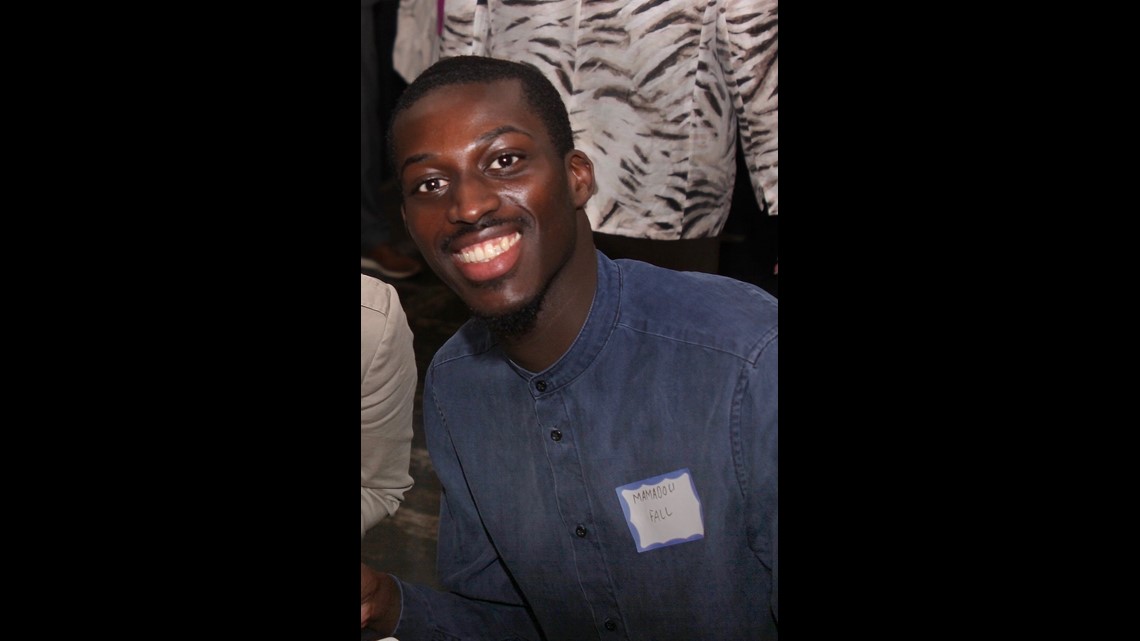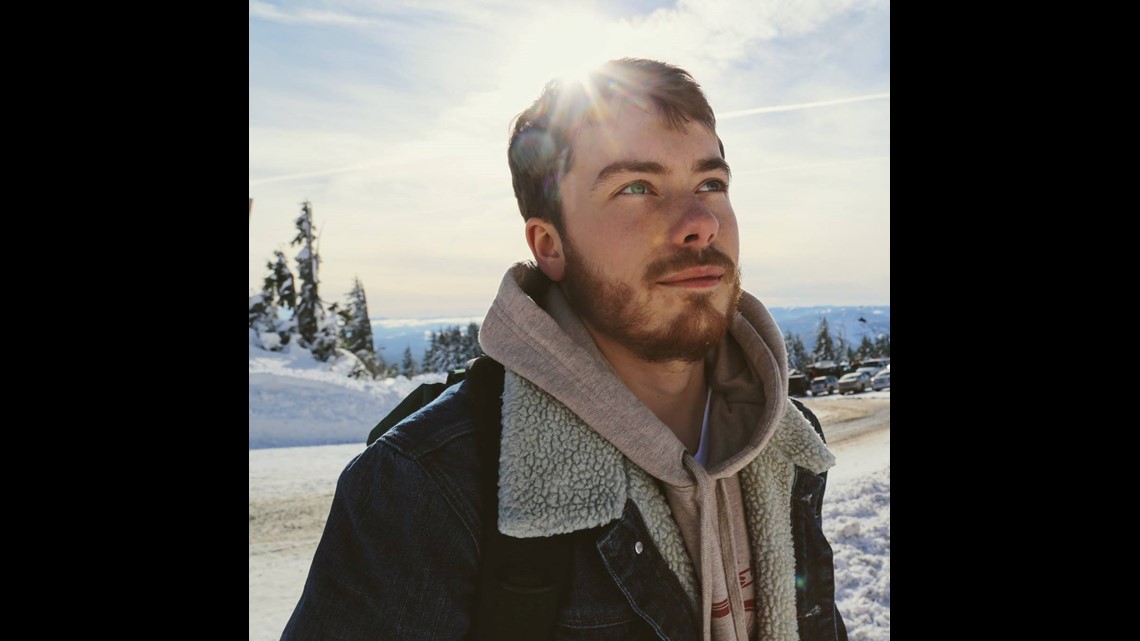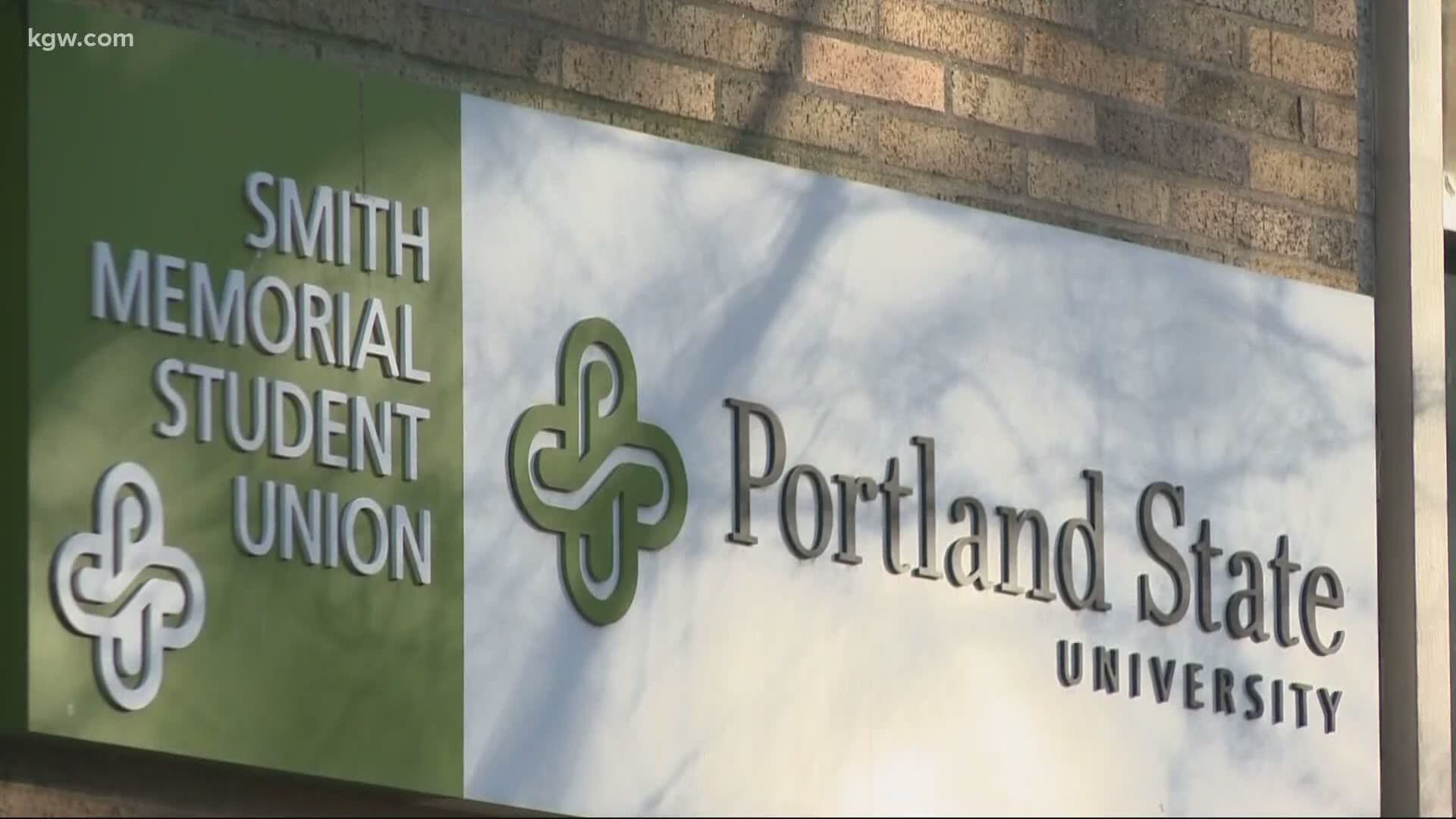PORTLAND, Ore. — The last couple weeks have been a roller coaster for international students in the United States.
First, the Trump Administration said they'd have to leave the country if their college only offered online courses in the fall. But last week, that directive was rolled back.
Still, international students are worried about the road ahead.
"To be honest the first thing I thought about was, wow," said Mamadou Die Fall, an international student at Portland State University.
That was Fall’s reaction to news that he and other international students would have to leave the country if college classes were fully online this fall.
A week later, when the directive was taken off the table, he was relieved.
"It meant I had a choice, whether I wanted to stay or I wanted to leave. It's always good to have a choice," said Fall.
Still Fall, who is majoring in international and global studies and wants to do humanitarian work, said the administration’s move is concerning.
"We bring so much to this country and we get to be thrown out at the first occasion," Fall said.


Another international student at PSU, Nuno Clauzing, said he is also worried about what could happen down the road.
"It’s still worrying of course, if there will be a similar ban," said Clauzing, who is currently in the Netherlands.
He said he’s relieved to be able to come back to the U.S. to finish out his last year at PSU, though he wondered why international students were targeted in the first place.


While both Clauzing and Fall are fortunate to be able to continue their studies at PSU this fall, the same may not be true for new students.
"If a school is only offering online courses, newly admitted international students will not be allowed to come to the United States to start their new program of study," said Christina Luther, director of international student and scholar services at PSU.
She said PSU has about 600 new international students who have been accepted this fall.
If they can't or don't come, it could mean a big financial hit for PSU since international students pay substantially more than in-state students. The same is true for other colleges and universities.
"There are a lot of students who have been waiting all their lives for this moment when they could come to the U.S. and start their program of study and now they're kind of stuck," Luther said.
In addition, Luther worries some international students will now choose to study elsewhere.
"I don't think that we are sending a particularly welcoming message with all these travel bans and guidances that throw the word deportation around really easily," said Luther.
"Who wants to go somewhere where they're being threatened with deportation? It's just not terrifically welcoming."
"It does make me think about weighing my options and maybe going somewhere else where I will be more accepted," said Fall.
Acceptance is something Fall says he wasn't expecting to be an issue when he first came from Senegal. He said he’s had to deal with those issues on top of issues related to the pandemic.
"I'm always reminded that I don't belong … I’m black, I’m an immigrant, English is not my first language, and I’m not Christian," Fall said. "Almost every aspect of my identity is maybe not as welcome as I expected to be."
Even so, Fall said he still feels grateful that he can stay, contribute a different perspective, keep studying at PSU and learn about American culture that he described as "amazing."
"If I work hard and try my best to do what's in my control, maybe one day I will belong," said Fall.
Fall said he hopes Americans recognize the value of the diversity of ideas and perspectives international students bring to the country. He hopes his, and other international students’ education, won’t be at risk.
Meantime, Luther said since school doesn’t start for another couple months or so, it's still unclear how enrollment will be impacted and what those new international students will decide to do.
RELATED: 'I had guns pointed at me several times': Student journalist from Salem covers protests in Portland

